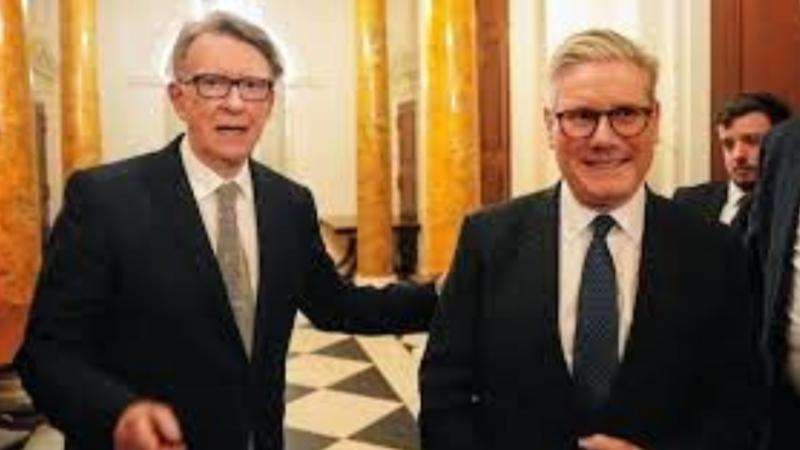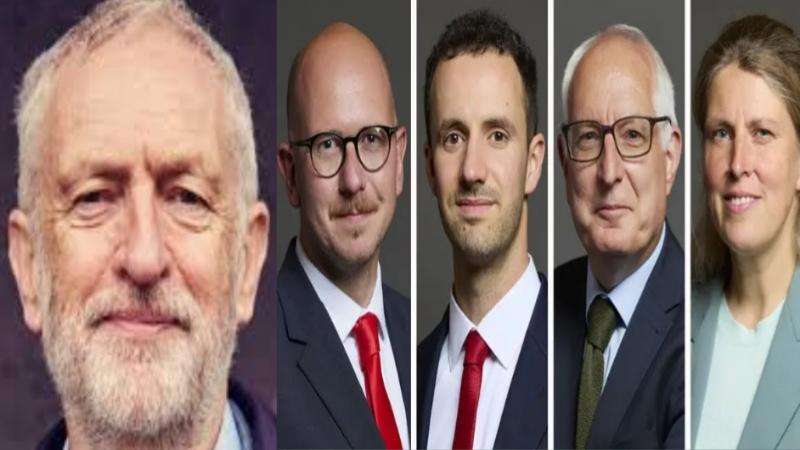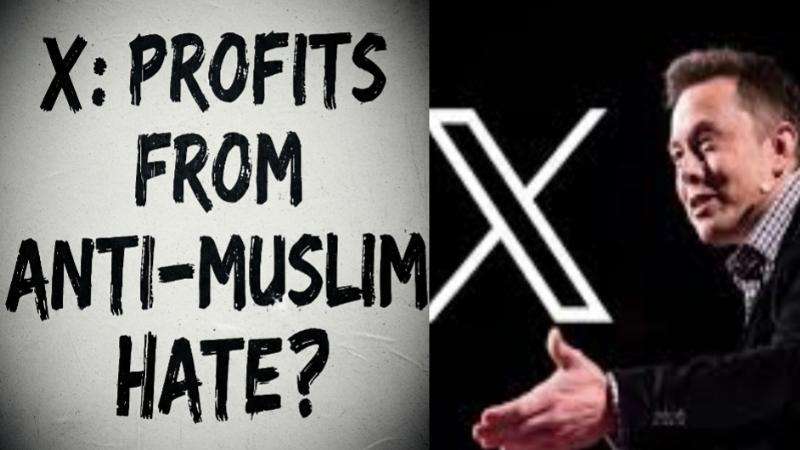The Labour Party's internal fissures have burst into plain sight following Prime Minister Sir Keir Starmer's swift suspension of four MPs – Rachael Maskell, Neil Duncan-Jordan, Brian Leishman, and Chris Hinchliff – for their rebellion over the government's welfare reform bill. This decisive, some say draconian, move to enforce party discipline has immediately ignited speculation: could these now-independent voices lend their weight to Jeremy Corbyn's nascent left-wing political movement?
The suspensions stem from a significant backbench revolt where 47 Labour MPs defied the government's proposed welfare cuts, ultimately forcing concessions. While veteran MP Rachael Maskell and the three newly elected MPs, Duncan-Jordan, Leishman, and Hinchliff, have publicly reaffirmed their long-standing commitment to Labour values, expressing a desire to eventually return to the fold, their immediate future remains uncertain. Maskell, for instance, emphasized her duty to constituents and her conscience, stating she "could not support making disabled people poorer." Such principled stands, however, come at a cost in Starmer's increasingly disciplined Labour.
The political left is in flux. Just weeks ago, former Labour MP Zarah Sultana, herself suspended last year over the two-child benefit cap, announced her intention to co-lead the founding of a new party with Jeremy Corbyn. While initial statements from Corbyn were cautiously ambiguous, recent reports confirm active discussions for a new left-wing political entity. This evolving landscape creates a potential new home for disillusioned MPs who feel alienated by Labour's current direction.
The critical question now is whether the suspended four, despite their stated loyalty, might eventually gravitate towards Corbyn's new alliance. Their strong convictions against the welfare reforms align squarely with the traditional left-wing principles that Corbyn and Sultana aim to champion. If Starmer maintains his hard line and pathways for reconciliation remain closed, these independent MPs could find themselves increasingly isolated in Parliament. In such a scenario, joining a new party might become an appealing option to maintain political relevance and continue advocating for their deeply held beliefs.
Starmer's Authority Tested by Ideological Divide
The suspensions are the latest in a series of internal struggles shaking the Labour Party under Sir Keir Starmer. His leadership, less than a year into government, is characterized by a firm hand aimed at projecting a disciplined and responsible image to the electorate. This centralized approach, however, frequently clashes with the more traditional socialist principles held by a significant segment of the party's backbenchers and grassroots.
The welfare reform bill, targeting £5 billion in annual savings through cuts to disability and sickness benefits, became a crucial battleground. Many MPs, elected on promises to protect vulnerable communities, felt compelled to oppose policies they deemed "Dickensian." This isn't an isolated incident; Starmer previously suspended seven Labour MPs over their vote to scrap the two-child benefit cap, demonstrating a consistent strategy of enforcing a strict party line. Beyond welfare, dissent has also simmered over issues like immigration, where Starmer has adopted a notably tougher stance, and even the handling of international conflicts.
While Starmer successfully led Labour to a landslide victory, current polling reveals challenges to his leadership. His personal favourability ratings have seen a decline, with recent YouGov data from mid-July 2025 showing a drop in positive public opinion. Ipsos research also highlights that Nigel Farage is gaining ground on Starmer in being perceived as "in touch with ordinary people." These dips, while not signaling an imminent collapse, underscore the difficulties of balancing governing with party management, especially when contentious policies are involved.
The numerous internal problems within Labour stem from a confluence of factors. The party encompasses a wide range of ideological viewpoints, and Starmer's pivot towards the centre-ground to secure electoral victory has inevitably created friction with the left wing. His "no tolerance" approach to dissent, while aiming for a united front, can stifle internal debate and lead to more public rebellions. Now in power, Labour faces the harsh realities of governance, with tough economic choices exposing ideological divisions. Furthermore, the enduring legacy of Corbynism and the active pursuit of a new left-wing party by figures like Corbyn and Sultana offer an alternative for those who feel disenfranchised. Finally, the influx of new Labour MPs since the last election brings a diversity of convictions that may not always align with the party whip.
The suspensions unequivocally signal Starmer's commitment to party unity and a disciplined government. Yet, the long-term cost of alienating a significant segment of his party, and the very real potential for a more organized left-wing challenge, will be a defining test of his leadership.




_4.jpg)



.svg)


.jpg)